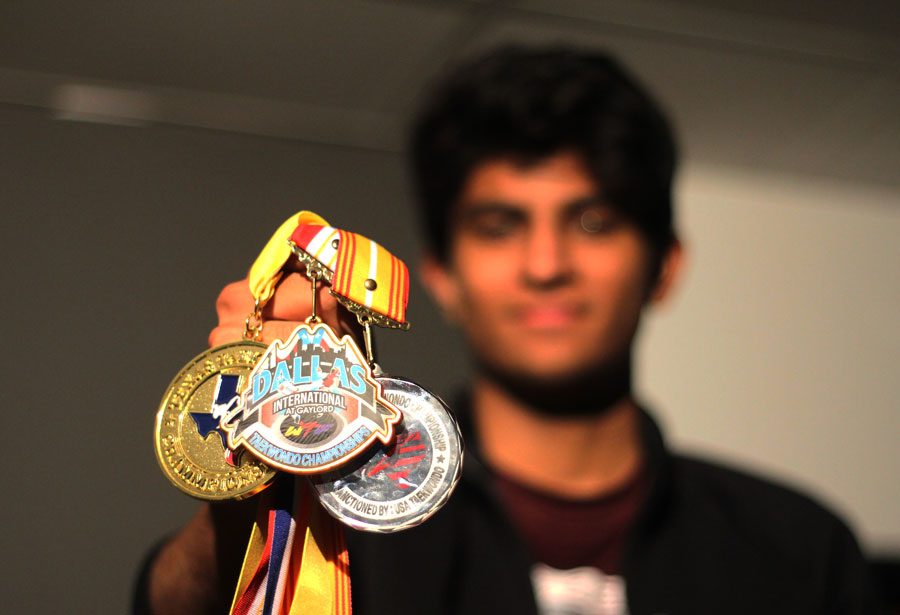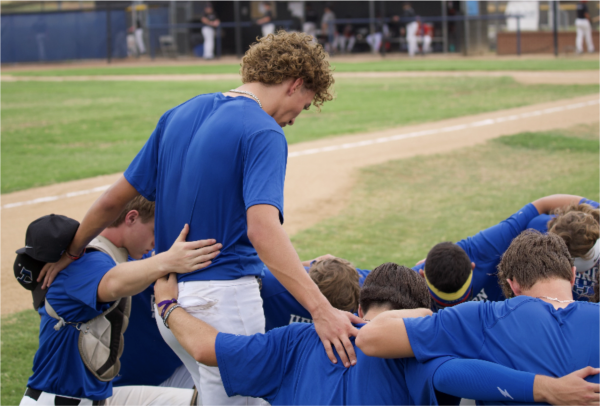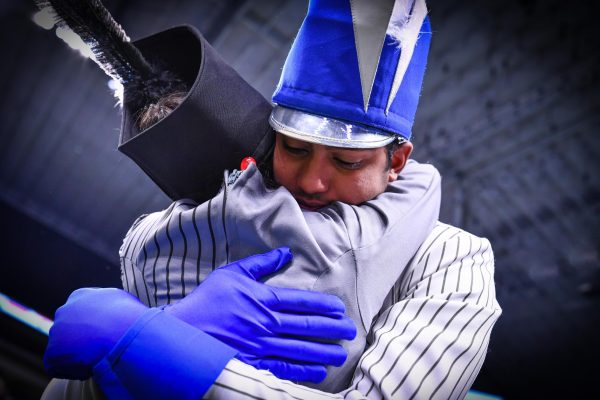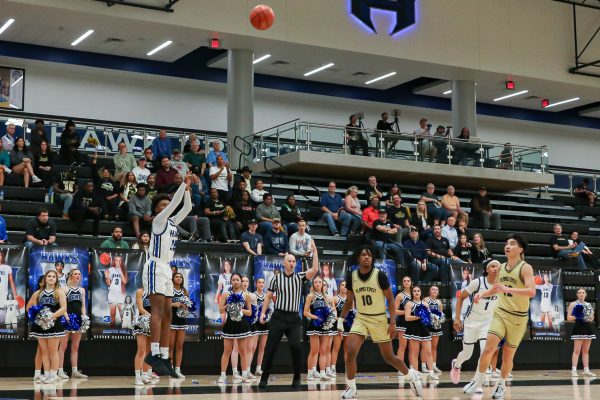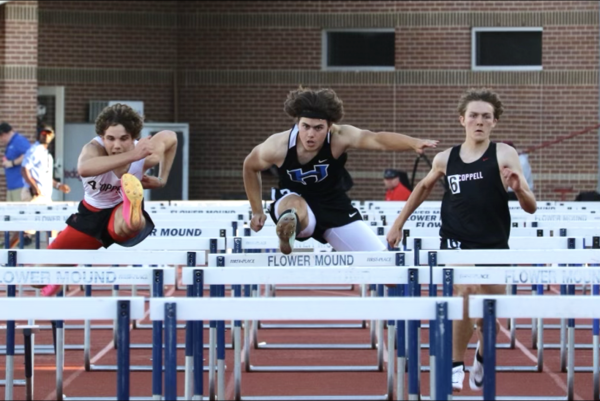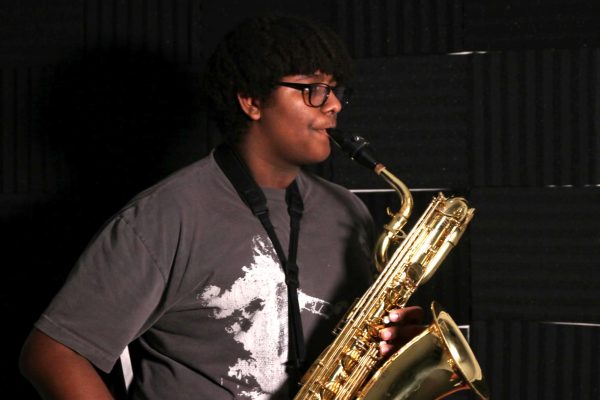Earning the Stripes
Senior’s experience training in Taekwondo
“Honor, courtesy, integrity, perseverance, self-control, courage, community strength, humility, and knowledge.” These are the ten amendments or tenets Taekwondo students recite after bowing in. The amendments remind students of their obligations to the martial arts, fellow classmates, teachers and the world itself. After many extensive years of training, beginning at the age of 4, senior Imran Abdul is still reminded of these tenets every time he gears up, as well as in his day-to-day life.
“Taekwondo has grown with me since I was a kid,” Abdul said. “It has taught me discipline and motivation. When I’m doing Taekwondo, I feel like I’m in a happy and better place; I have friends all around me. It’s like the art I love doing.”
After achieving his sixth degree black belt, Abdul began his training to be a Taekwondo referee for tournaments. Once his master recommended him to the USA Taekwondo organization, he applied to be a normal referee. After going to a 12-hour seminar to learn the rules and regulations, he was free to practice. Abdul has refereed for multiple tournaments around and outside of Texas, and has gained the position of an International D-1 referee, meaning he is qualified to judge national tournaments.
There are three competitions for referees to judge, Poomsae (forms), Breaking, and Sparring. During refereeing, Abdul and three other judges watch the performers do their kicks, form, or board breaking; finally giving them a score out of 10.
“I like being able to judge other people showcasing their skills,” Abdul said. “As well as gaining the experience of what it takes to be a good referee, I’ve learned how to go above and beyond my Taekwondo career. You get so much respect being a referee and a Taekwondo athlete because both consume a lot of time, and [in order to be a referee] you have to be high ranked.”
During his own Taekwondo training, Abdul focuses mainly on board breaking competitions in tournaments, rather than sparring due to a previous head injury.
“At first, my parents didn’t want me to do the breaking competitions again, due to the risk of head movement,” Abdul said. “I convinced them eventually, because I love breaking and I couldn’t back out from it. But thankfully the only thing that my head injury limited was my sparring.”
Due to a busy high school schedule, Abdul has decreased his amount of practice days. However, he still uses Taekwondo as an outlet for stress. He plans on continuing his training in the sport.
“When I was a kid, I used to be stupid and selfish,” Abdul said. “[I have learned so much] with the discipline that came from Taekwondo and from my master. It has easily become my favorite sport. It has taught me to be a better person and being the best in what I do.”

Senior Aparnna Manoj is the news editor and this is her third year on staff. She considers herself a realist and has a love of writing. She loves conspiracies...



